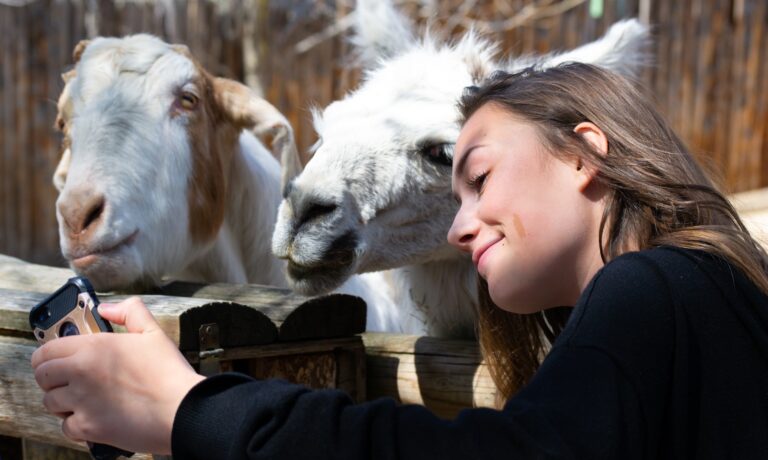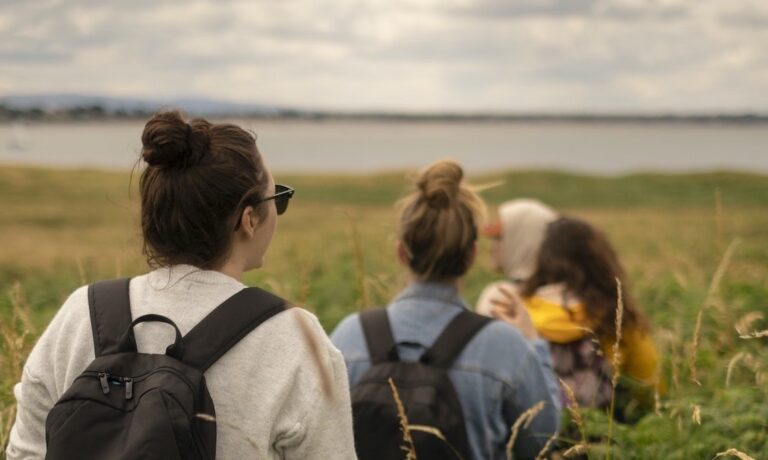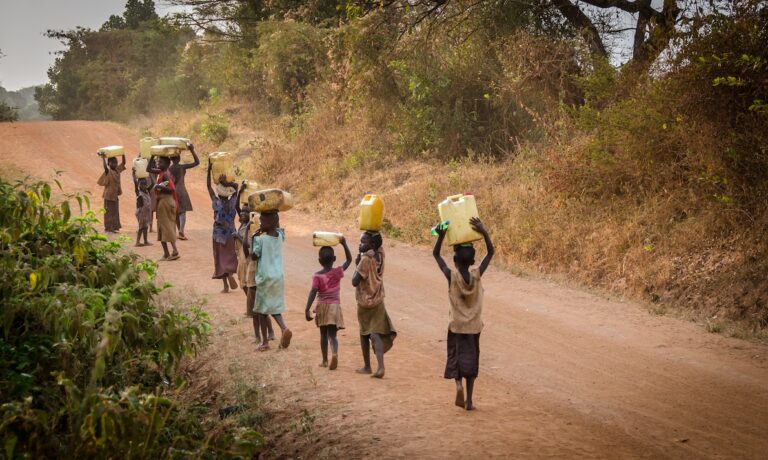Supporto medico in Ucraina
Guaranteeing healthcare and primary goods to 8,000 families in 40 shelters in central Ukraine.
Starting date
25 July 2022Duration
8 monthsRealized by:
IntersosObjectives
Supporting the basic needs of the increasing number of displaced people in the shelters by distributing non-food items (mattresses, blankets, pillows, furniture and equipment, etc.) and hygiene items in order to guarantee decent living conditions within shelters.
Strengthening the healthcare system and supporting both the workload in hospitals and the few pharmacies still open (the majority have closed due to the conflict), by procuring drugs and medical supplies for primary and secondary healthcare facilities and reception centers.
At the beginning of April, a new wave of displaced people needing essential medicines, medical care and essential supplies put a great strain on the central areas in Ukraine.
These areas have become a point of storage and transit for humanitarian aid towards conflict zones. There the project will implement the following:
- Distribution of medicines to collective shelters and transit shelters, with particular attention paid to people with special needs.
- Procurement of primary goods (mattresses, blankets and sheets, furniture and equipment, washing machines, boilers, kitchen tools) and timely delivery to final destinations.
- Distribution of essential non-food items to 1,000 families to meet the immediate needs of displaced people who are traveling.
- Supply of hygienic kits to cover immediate hygiene and healthcare needs in reception centers.
- Distribution of hygienic kits to 3,000 families to support their hygiene and healthcare needs, paying particular attention to the most vulnerable individuals.
The project aims at contributing to mitigating the effects of the conflict on civilians in Ukraine. The direct beneficiaries will be internally displaced people mainly coming from conflict areas in the South-East of Ukraine who have fled into the central regions of the country, for a total of around 8,000 families now living in 40 facilities in the area.
Considering an average of four people in every family, material assistance will directly reach 16,400 beneficiaries; however, because institutional kits will be supplied to 40 facilities, the total number of direct beneficiaries will actually be higher.



